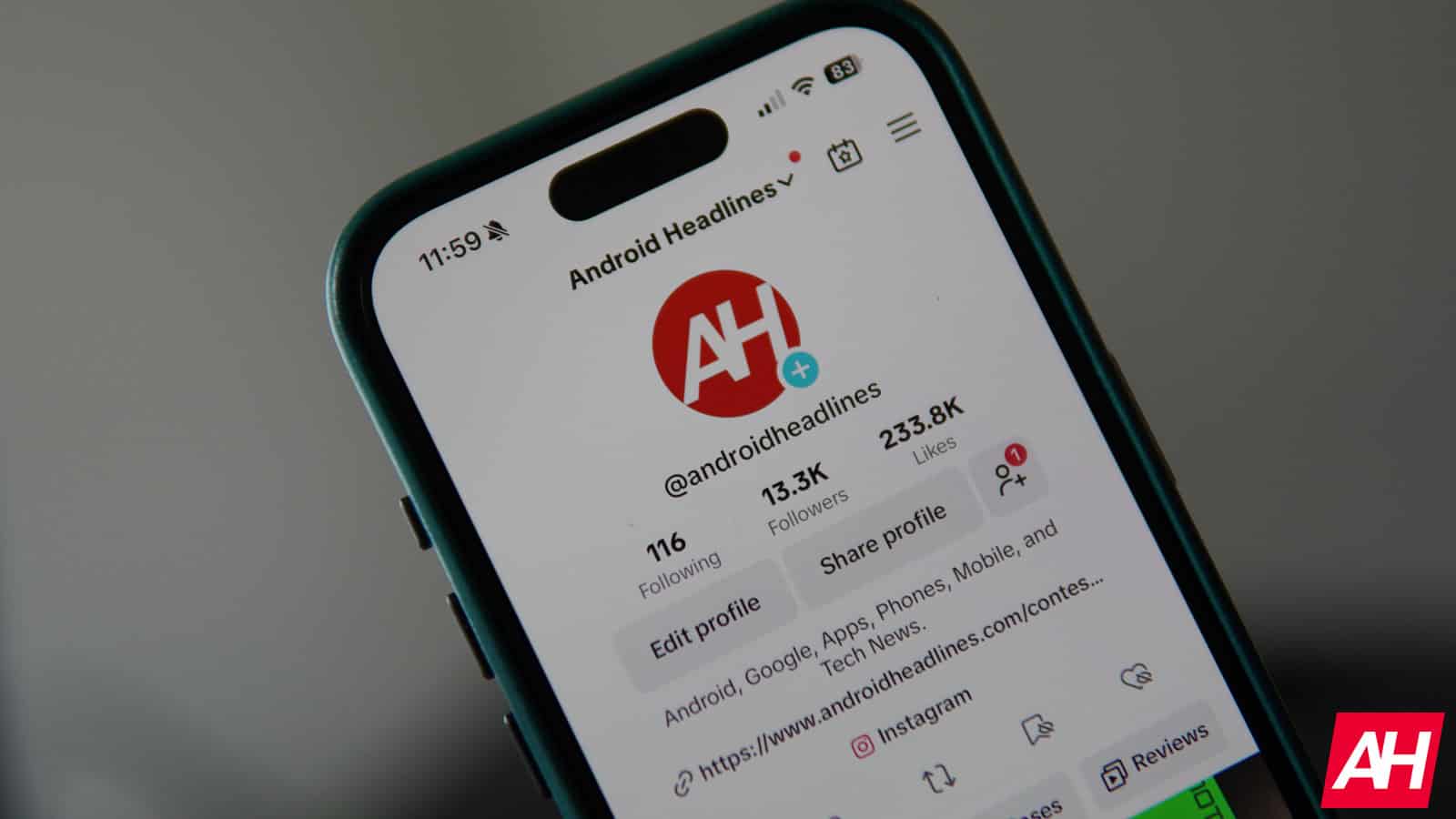The “anti-TikTok” bill in the US is fast approaching its deadline. ByteDance, TikTok’s parent company, has until January 19 to sell it, or the app will shut down in the United States. So far, ByteDance has been totally reluctant to sell TikTok to US owners. However, Project Liberty, an American investment group, claims to have $20 billion ready to tackle the operation.
ByteDance still has a chance to stop or pause the US TikTok ban by presenting its arguments before the Supreme Court. However, in the event of another unfavorable ruling, ByteDance will have to sell its short video platform. Against this backdrop, the Project Liberty group claims to be the best positioned to buy it. The investment group, led by Tomicah Tillemann, defines the potential purchase as “a people’s bid.”
ByteDance doesn’t want to sell TikTok, but Project Liberty has at least $20 billion ready
Tillemann answered some key questions for NBC News about the investment group’s intentions for TikTok if they achieve the purchase, in addition to other matters. Regarding the real value of TikTok, the president of Project Liberty says that it is difficult to give an exact figure until ByteDance does so. However, he believes that $20 billion is enough to start a conversation.
Regarding the “anti-TikTok law,” Tillemann believes that it will go into effect since it had practically unanimous bipartisan support. However, like Donald Trump, he does not want the app to stop working in the United States. Project Liberty was created with the objective that Americans can continue enjoying the service.
The president of Project Liberty also revealed some interesting details about the purchase process. An “unusual” entity called the Committee on Foreign Investment in the United States (CFIUS) would come into play. Tillemann makes a comparison with the sale of sports teams, where CFIUS would play the role of the league, determining which bidders are really qualified. The committee also has “a big say” in the decision on who gets the asset.
TikTok would undergo profound changes to be less addictive, but not in the short term
Regarding potential changes to the app under its new owners, Tillemann says that they would be seen in the medium term. Initially, the focus would be on maintaining a consistent user experience and operation with the current one. However, Project Liberty has changes in mind, some of them quite significant. The group wants to give users more decision-making power over their information and content. Tillemann also talks about potential interoperability, mentioning the possibility of sharing content from TikTok to other social platforms.
Similarly, Project Liberty wants to change TikTok’s business model. Tillemann says that, currently, the platform uses an “attention-based economy.” He considers it harmful since it is based on making the user as addicted to the content as possible. This can lead to other problems, especially for young people.
The new model that the group has in mind involves giving users the possibility of identifying the type of content and experiences they really want to interact with. In other words, the group aims to empower users to actively choose specific content, rather than simply following current or popular trends. Tillemann defines the new model as an “intention-based economy.”
Chinese TikTok serves vegetables while the American version serves junk food, says Project Liberty president
Related to the above, the NBC News journalist asked about a popular theory among TikTok detractors. The theory says that the American version of the service is designed to be more addictive than the Chinese version. The goal would be to make Americans less productive by keeping them stuck to their phone screens.
Regarding the theory, Tillemann talks about the app’s content using a food simile. He claims that the Chinese version of TikTok serves you “vegetables,” while the American one serves you “junk food.” So, it seems that he agrees with the theory, also remembering that the American version of TikTok is not even accessible in China. The app’s new economic model aims to solve that situation.
In short, ByteDance selling TikTok to Project Liberty would not bring about short-term changes in the US. However, it would imply a profound transformation of its business model and content consumption in the future. The group wants to empower users by giving them more control over the app and their information instead of making them more addicted.
You can watch the full interview below.

Leave a Reply